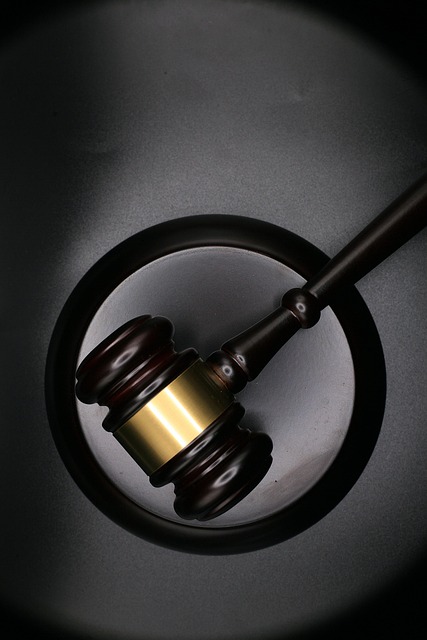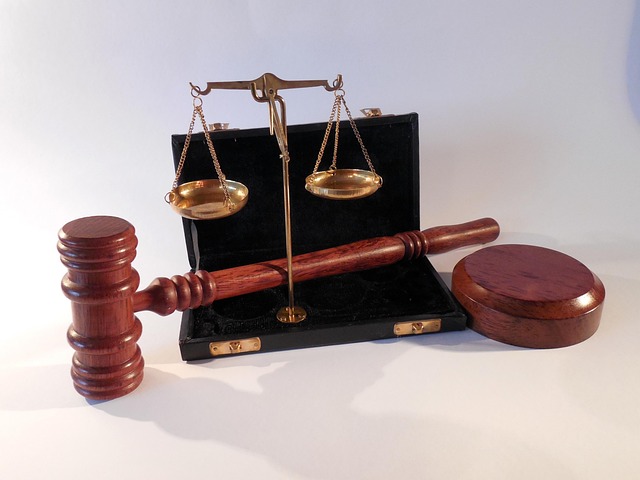Regulatory fraud laws protect industries from deceptive practices with severe penalties. These laws also maintain trust in philanthropic and political spheres. Understanding Types of Compensation for Personal Injury related to regulatory fraud is crucial for victims seeking recourse, including economic losses and non-economic damages. Civil lawsuits emphasize both punitive and compensatory damages, aiming to restore victims to their pre-fraud state and deter potential perpetrators. Engaging specialized legal counsel is vital for navigating these cases and ensuring protection of rights.
Regulatory fraud laws are crucial tools in combating deceptive practices that harm individuals and communities. This article delves into the intricate world of these laws, focusing on their definitions and scope. We explore common types of regulatory fraud, with a specific emphasis on personal injury cases. Understanding the available Types of Compensation for Personal Injury is essential for victims seeking justice and recompense. Learn the steps to navigate the legal process effectively.
- Understanding Regulatory Fraud Laws: Definitions and Scope
- Types of Compensation Available for Personal Injury Victims in Fraud Cases
- Navigating the Legal Process: Steps to Seek Justice and Recompense
Understanding Regulatory Fraud Laws: Definitions and Scope

Regulatory Fraud Laws are designed to protect the integrity of various industries and sectors by preventing individuals or entities from engaging in deceptive practices. These laws cover a wide range of activities, including financial misreporting, false statements, and the manipulation of market data. Understanding these regulations is crucial for businesses and individuals alike, as they can lead to severe consequences, such as fines, imprisonment, and even a complete dismissal of all charges.
The scope of Regulatory Fraud Laws extends beyond traditional criminal offenses. They encompass white-collar and economic crimes, which often involve complex schemes and sophisticated techniques. By holding perpetrators accountable, these laws aim to maintain the trust and stability within philanthropic and political communities, ensuring that everyone operates on a level playing field. Moreover, understanding the types of compensation for personal injury related to regulatory fraud can provide victims with recourse and support during challenging times.
Types of Compensation Available for Personal Injury Victims in Fraud Cases

When individuals suffer injuries due to fraudulent activities, they are entitled to seek compensation for their losses. In fraud cases involving personal injury, several types of damages can be awarded to victims. These include economic losses, such as medical bills, lost wages, and future earnings potential, which directly result from the fraudulent conduct. Additionally, non-economic damages like pain and suffering, emotional distress, and loss of quality of life are also compensable. These forms of relief aim to restore the victim to a position they would have been in had the fraud not occurred.
The goal of compensation is to ensure victims are made whole again and to deter potential perpetrators of white collar and economic crimes, including general criminal defense strategies often employed by those accused of such offenses. Unlike in criminal cases where the focus is on punishment, civil lawsuits for personal injury resulting from fraud seek both punitive and compensatory damages, with an emphasis on restitution for harm caused, thereby aligning with the principles of a robust white collar defense strategy.
Navigating the Legal Process: Steps to Seek Justice and Recompense

Navigating the legal process to seek justice and recompense for regulatory fraud can be a complex journey. The first step is to identify and understand the specific laws and regulations that were violated, as different types of fraud may have distinct legal frameworks. This involves gathering evidence, such as documents, communications, and expert opinions, which are crucial in building a strong case. Engaging experienced legal counsel who specializes in regulatory fraud cases is essential; they can guide you through all stages of the investigative and enforcement process, ensuring your rights are protected.
Types of compensation for personal injury resulting from regulatory fraud include economic damages, such as financial losses, medical expenses, and lost wages, as well as non-economic damages like pain and suffering. The goal is to secure fair and adequate restitution for the harm suffered. Through careful strategy and advocacy, legal professionals can hold accountable those responsible, not only for their clients but also for the broader philanthropic and political communities that rely on robust regulatory frameworks.
Regulatory fraud laws play a crucial role in protecting individuals from harm caused by dishonest practices. By understanding these laws, victims of personal injury related to fraud can navigate the legal process effectively and seek justice. The discussion has highlighted various types of compensation available for such victims, emphasizing the importance of knowing their rights. With each step outlined, individuals affected by fraudulent activities now have a clearer path towards recompense and a safer future.






